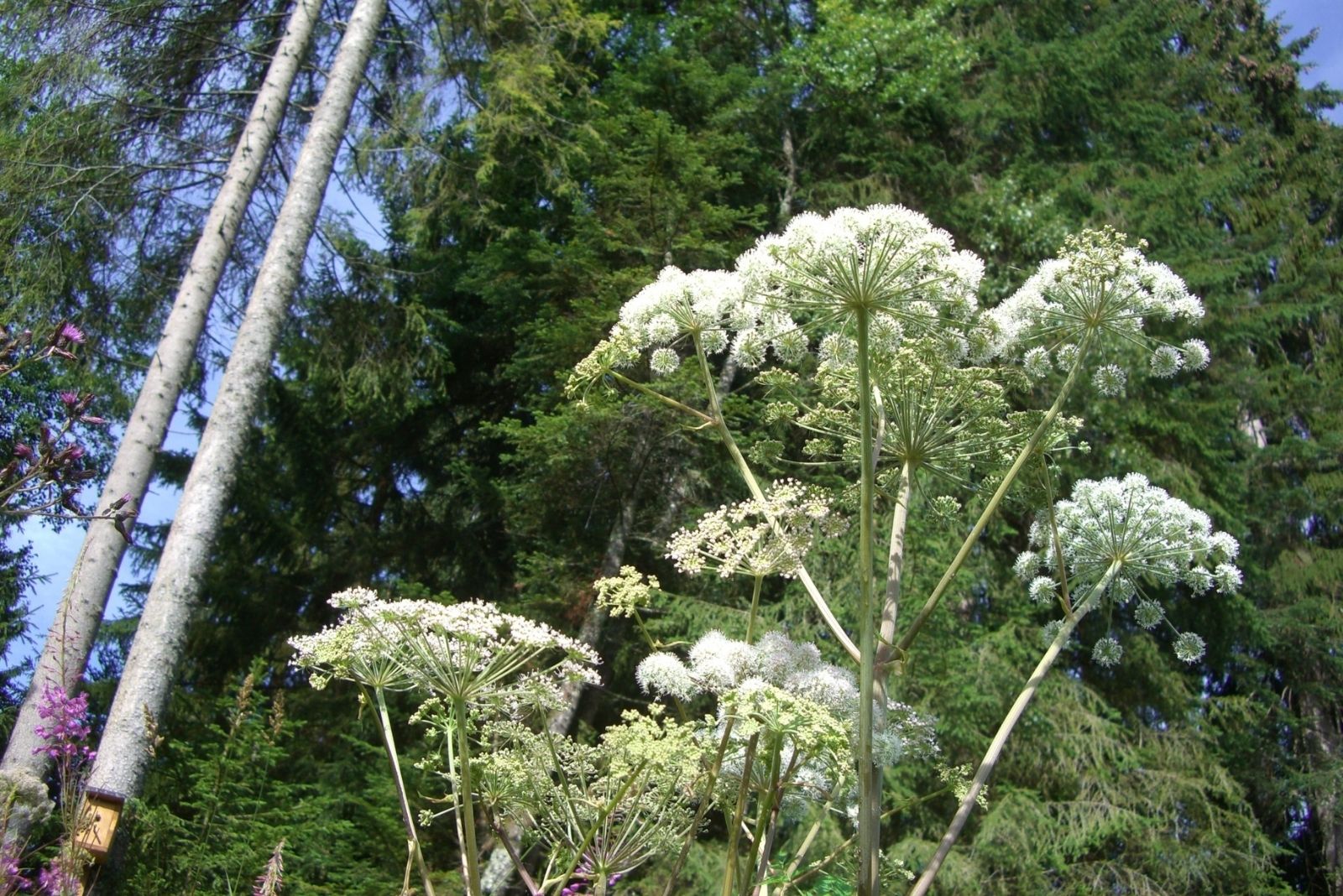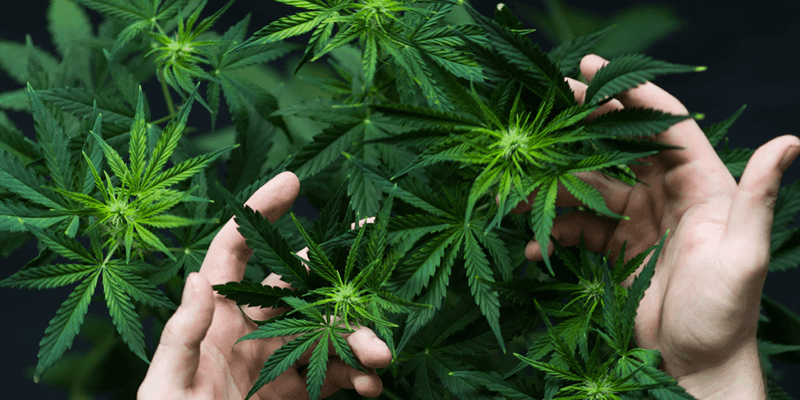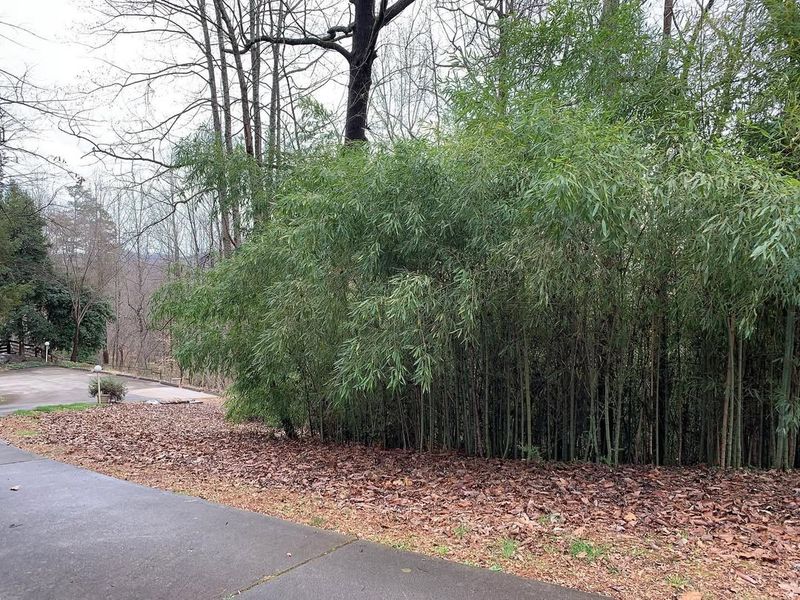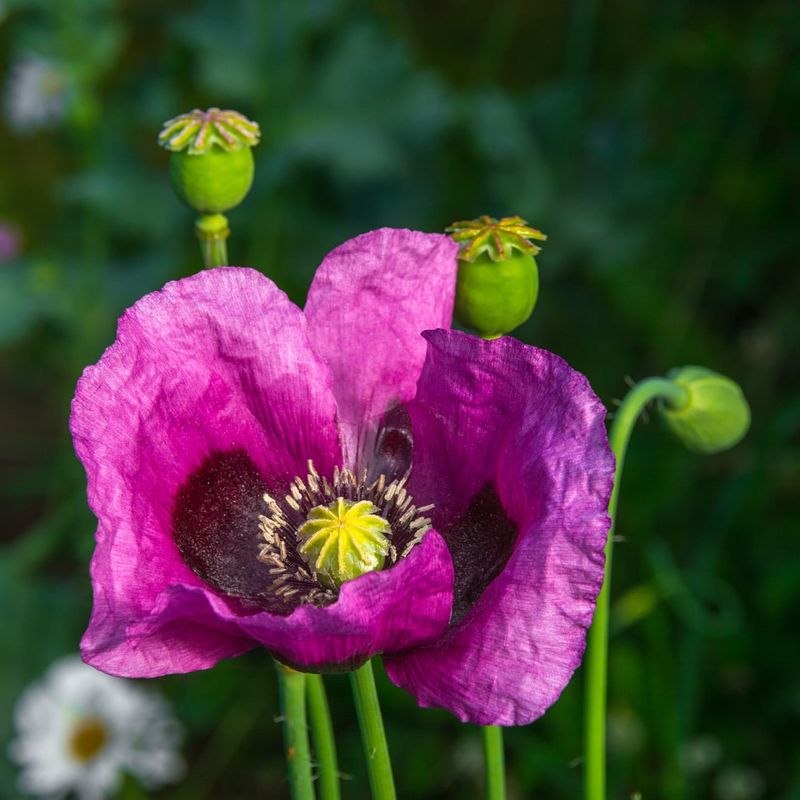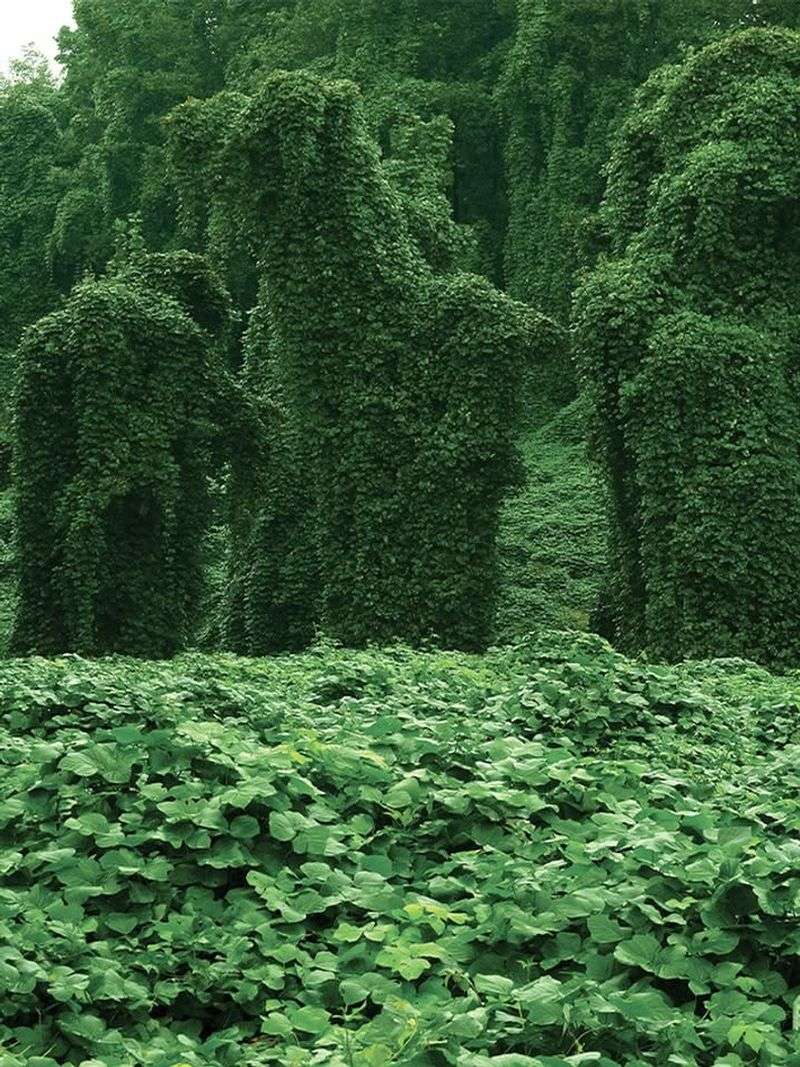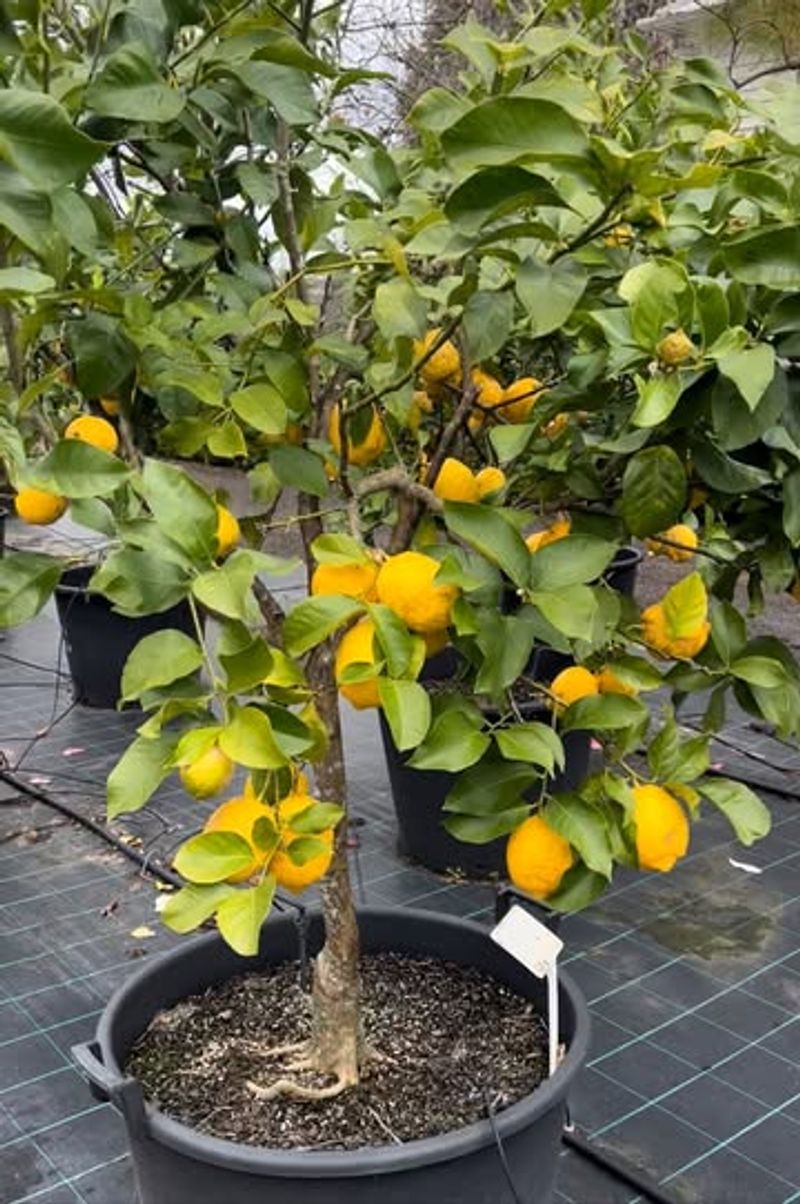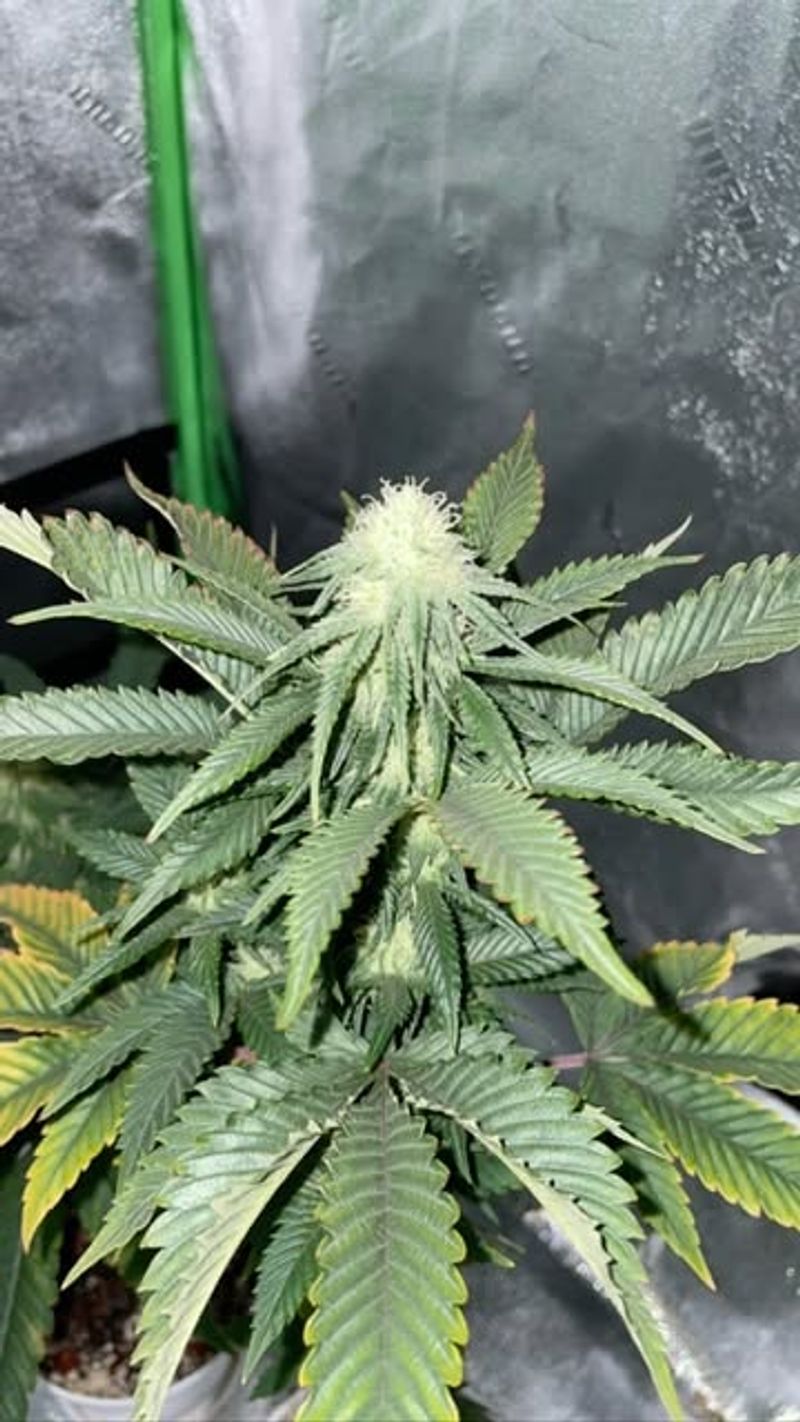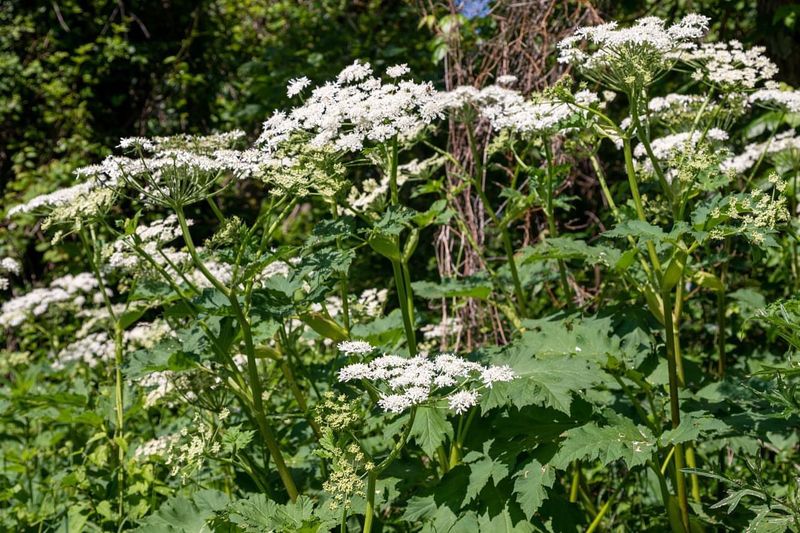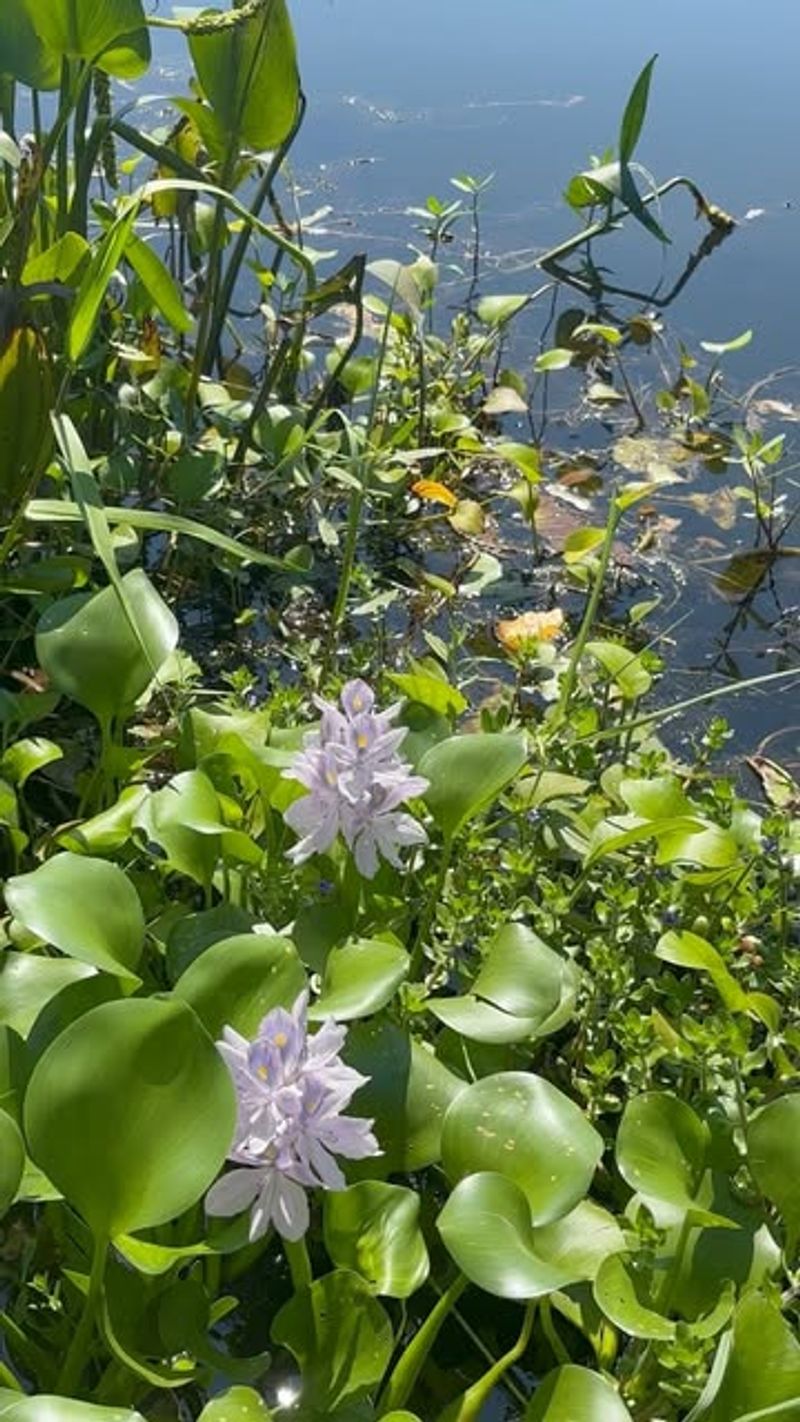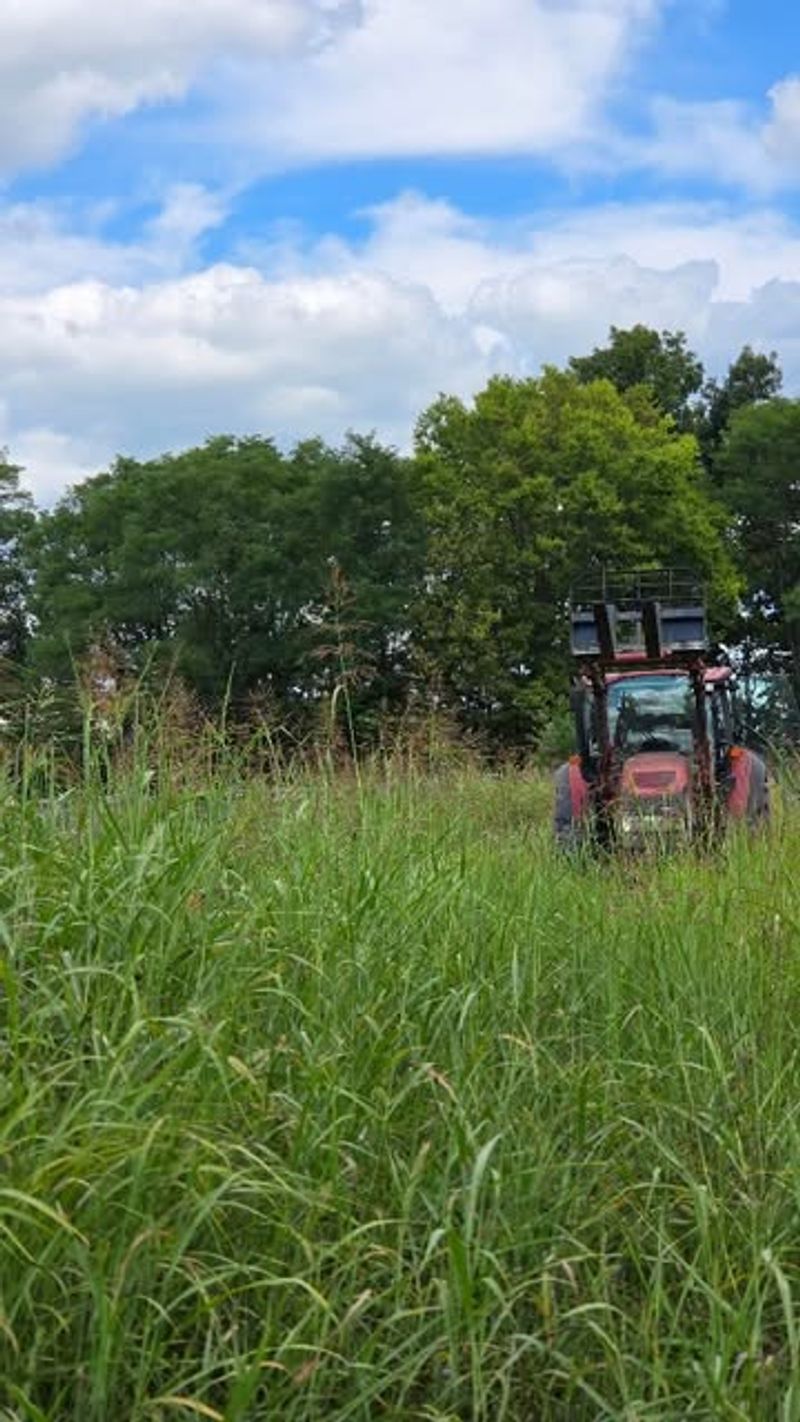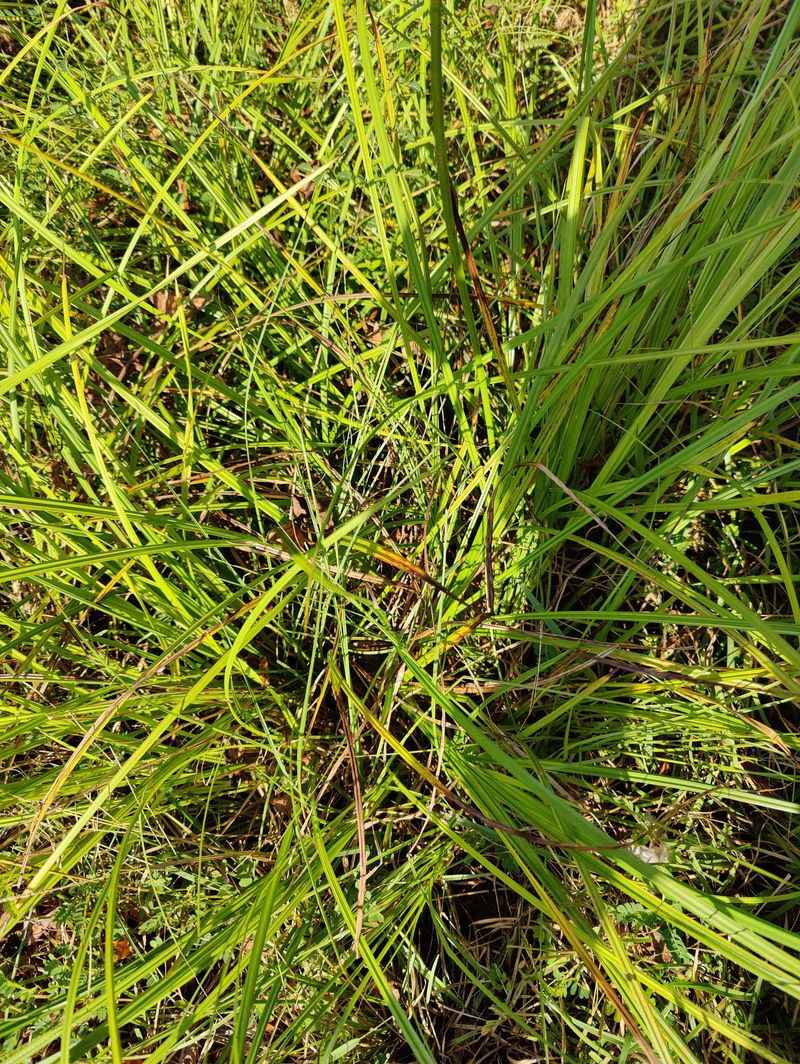Did you know that some plants you’d love to grow in your Alabama backyard could actually land you in legal trouble? While gardening seems innocent enough, certain crops are banned by state or federal law due to environmental concerns, agricultural risks, or other regulations.
Before you plant that interesting seed you found online, it’s worth knowing which crops could cause problems. Here are ten surprising plants that Alabama gardeners need to avoid.
1. Hemp Without Proper Licensing
Growing hemp in Alabama requires a state-issued license, even though federal law legalized it in 2018. Without proper authorization, you could face serious penalties despite hemp’s low THC content.
The Alabama Department of Agriculture strictly regulates hemp cultivation to prevent confusion with its illegal cousin. Home gardeners cannot simply plant hemp seeds they purchase online without going through the official licensing process first.
Applications involve background checks, fees, and inspections. Many assume hemp is fair game now, but Alabama maintains tight control over who can grow it legally.
2. Invasive Bamboo Species
Certain bamboo varieties spread so aggressively that Alabama discourages or prohibits their cultivation. Running bamboo sends underground rhizomes that can invade neighboring properties and natural areas, causing ecological damage.
Once established, these bamboo types become nearly impossible to remove. They choke out native plants and damage building foundations with their relentless growth patterns.
While clumping bamboo varieties remain legal, running types like golden bamboo or black bamboo face restrictions. Check with your local extension office before planting any bamboo species to avoid future headaches and potential fines.
3. Opium Poppies
Those beautiful poppies with big, showy blooms might seem perfect for your flower bed, but Papaver somniferum is federally illegal to grow. These opium poppies contain controlled substances, making cultivation a serious offense.
Many gardeners don’t realize the pretty poppies they see in seed catalogs could be illegal varieties. Alabama law enforcement takes this seriously because these plants produce latex containing morphine and codeine.
Stick with legal alternatives like California poppies or Iceland poppies instead. The risk simply isn’t worth the brief bloom season these prohibited flowers offer.
4. Kudzu Vine
Kudzu earned its nickname as “the vine that ate the South” for good reason. This incredibly invasive plant is illegal to propagate or sell in Alabama due to its devastating environmental impact.
Originally introduced for erosion control, kudzu now smothers native forests and costs millions in damage annually. It grows up to a foot per day during summer, covering everything in its path including trees, buildings, and power lines.
Alabama takes kudzu control seriously, prohibiting anyone from intentionally growing or spreading it. If you spot it on your property, you’re required to remove it promptly.
5. Certain Citrus Trees
Citrus greening disease has prompted Alabama to restrict citrus tree movement and cultivation in certain areas. You cannot bring citrus plants from other states without proper permits and inspections to prevent disease spread.
This bacterial disease has devastated citrus industries nationwide, and Alabama works hard to protect its limited citrus production. Home gardeners face restrictions on importing trees, even for personal use.
Some counties have stricter regulations than others. Contact your county extension agent before purchasing citrus trees to understand what’s allowed in your specific location and avoid accidental violations.
6. Marijuana Plants
Despite changing attitudes nationwide, marijuana remains completely illegal to grow in Alabama for any purpose. The state maintains some of the strictest cannabis laws in the country, with no exceptions for personal or medical use.
Even a single plant can result in felony charges. Alabama’s limited medical cannabis program only allows specially licensed facilities to cultivate, and home cultivation carries severe penalties including jail time.
Don’t assume that legal CBD products mean you can grow cannabis plants. The distinction matters significantly under Alabama law, where possession of any marijuana plant is a serious criminal offense.
7. Giant Hogweed
This dangerous invasive plant produces sap that causes severe burns and blisters when exposed to sunlight. Giant hogweed is prohibited in Alabama because it poses serious health risks and aggressively displaces native vegetation.
The plant can grow over 14 feet tall with leaves spanning five feet across. Its toxic sap contains chemicals that make skin hypersensitive to UV light, resulting in painful burns that can last for years.
Children are especially vulnerable to accidental contact. Alabama bans cultivation and requires property owners to eliminate any giant hogweed found growing wild on their land immediately.
8. Water Hyacinth
These pretty purple-flowered aquatic plants might look charming in a backyard pond, but Alabama prohibits water hyacinth cultivation. They reproduce explosively, forming dense mats that choke waterways and kill fish by depleting oxygen.
A single plant can produce thousands of offspring in one season. Water hyacinth has clogged Alabama rivers and lakes, costing huge amounts in removal efforts and damaging ecosystems.
State law forbids selling, distributing, or growing water hyacinth. Even keeping them contained in private ponds is illegal because they inevitably escape during floods or through wildlife dispersal.
9. Johnson Grass
Once promoted as livestock forage, Johnson grass is now considered a noxious weed in Alabama. This aggressive grass spreads through both seeds and rhizomes, making it nearly impossible to eliminate once established.
It produces cyanide compounds when stressed, potentially poisoning livestock. Johnson grass also harbors crop diseases and competes intensely with cultivated plants for nutrients and water.
Alabama law prohibits intentionally planting or spreading Johnson grass. If you inherit property with this weed, you’re expected to control it actively rather than let it spread to neighboring farms and gardens.
10. Cogongrass
Ranked among the world’s worst invasive species, cogongrass is strictly illegal to grow in Alabama. This aggressive grass forms dense stands that exclude all other plants and increase wildfire intensity dramatically.
Its sharp leaves contain high silica content, making them unpalatable to livestock and dangerous to handle. Cogongrass spreads through underground rhizomes and windblown seeds, colonizing disturbed areas rapidly.
Alabama spends significant resources fighting cogongrass infestations. Property owners must report and eliminate any cogongrass found on their land. Intentionally planting it carries substantial fines and potential criminal charges.

